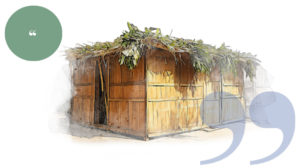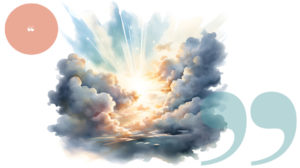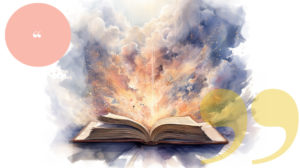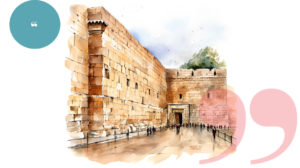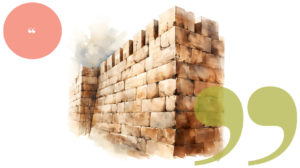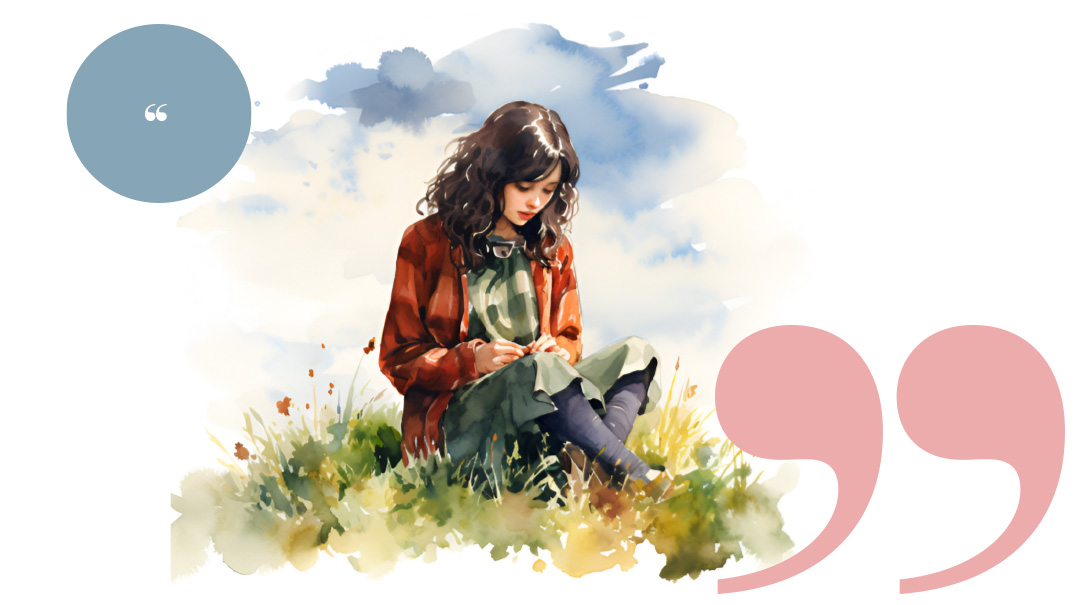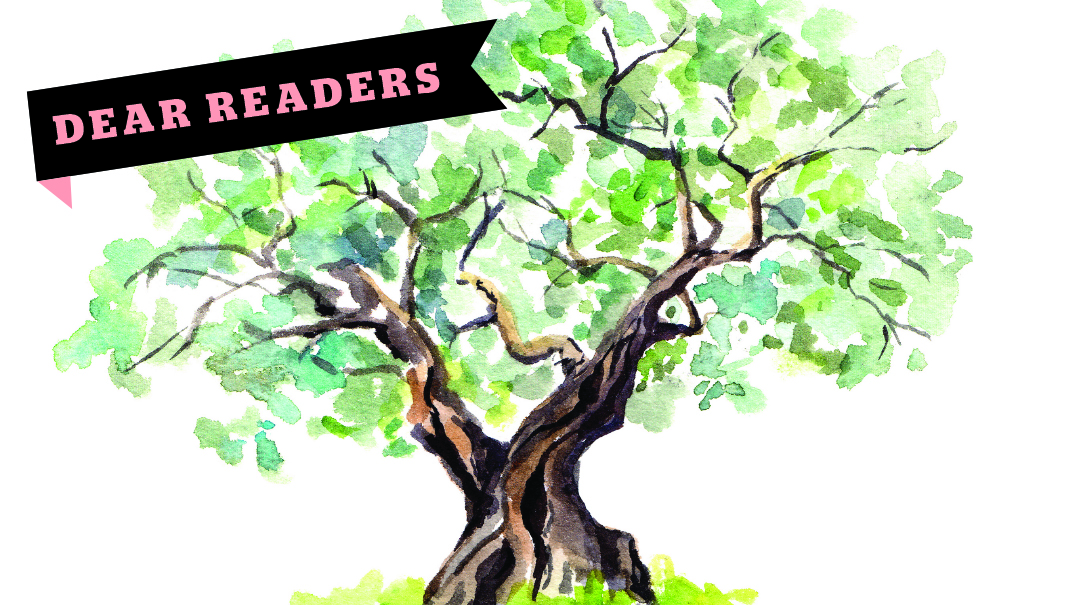Family First Editor’s Letter: Issue 436
| April 1, 2015So often, our emotions are a confusing cocktail. The joy of Yom Tov can be merged with tension, frustration, loneliness, or resentment.
When we first chose the theme for our Pesach issue — Pesach, Matzah, Maror — we envisioned each writer coming up with an idea for one of the three categories. It would all be very neat; we’d have two to three stories for each of the crucial words, perhaps use divider pages featuring dramatic photos of every item. How perfectly symmetrical.
But life is messy. And the resilience of the human spirit awe-inspiring. The pitches started coming in, and so many strands were woven through them. What category do you use for an essay written by a woman who had a Seder with her sons while her dying husband labored for each breath in a room upstairs? One would think that could be easily pegged as maror, but Margie Pensak tell us, “If I had to choose one Pesach in my life when I most felt the Yad Hashem stretch out and personally take me out of Mitzrayim, it would be the Pesach of 1998 [my husband’s last Pesach].”
How about a Seder spent in a locked psychiatric ward? It’s hard to get much more bitter than that. And yet: “Joy surged within me, bursting through the agony. No matter what, You gave me matzah and maror tonight. No matter what, I’ll keep Your mitzvos. And You’ll protect me, no matter what.”
Other pieces were similarly mixed. Chaia Frishman utilizes all three words to connect her religiously starved relatives with the power of the Seder night. And Riki Goldstein’s father uses matzah to bring a modern-day Korban Pesach.
Our psyches crave clarity. When faced with unbridled happiness — even sharp grief — we can ride the tide. But so often, our emotions are a confusing cocktail. The joy of Yom Tov can be merged with tension, frustration, loneliness, or resentment. The majesty of a Seder can contain a strong dollop of maror as we think of the Yom Tov table we don’t yet have or the empty seats around the table, of the children in a Mitzrayim of their own making, or the parents who can’t set us free. We yearn for a night of true freedom, while we struggle with the tentacles of bondage that snake into our lives. Hashem’s loving involvement is obscured by the choking darkness of our long exile.
And yet… on Leil Shimurim Hashem offers us the chance to pull back the curtain and touch eternity. We eat a sandwich of matzah and maror, the reminder of our affliction tucked between that which symbolize both poverty and lightning-quick redemption. We dip our vegetables into the saltwater of tears, yet recline like princes. Throughout the night we experience the duality of suffering and liberation. And, most important, we acknowledge the One who can redeem us from any bondage.
From the first words of Kiddush, we recall the mighty Hand with which Hashem plucked us from the prison of Mitzrayim. And with the final strains of L’shanah Haba’ah, we affirm that He will redeem us yet again. One night soon — may it be so soon — our Seder table will be graced not only with matzah and maror, but with the fragrant Korban Pesach. And along with that roasted lamb, we’ll feast on a joy that will be utterly complete.
Wishing you all a chag kosher v’smaei’ach,
Bassi Gruen
(Originally featured in Family First, Issue 436)
Oops! We could not locate your form.

